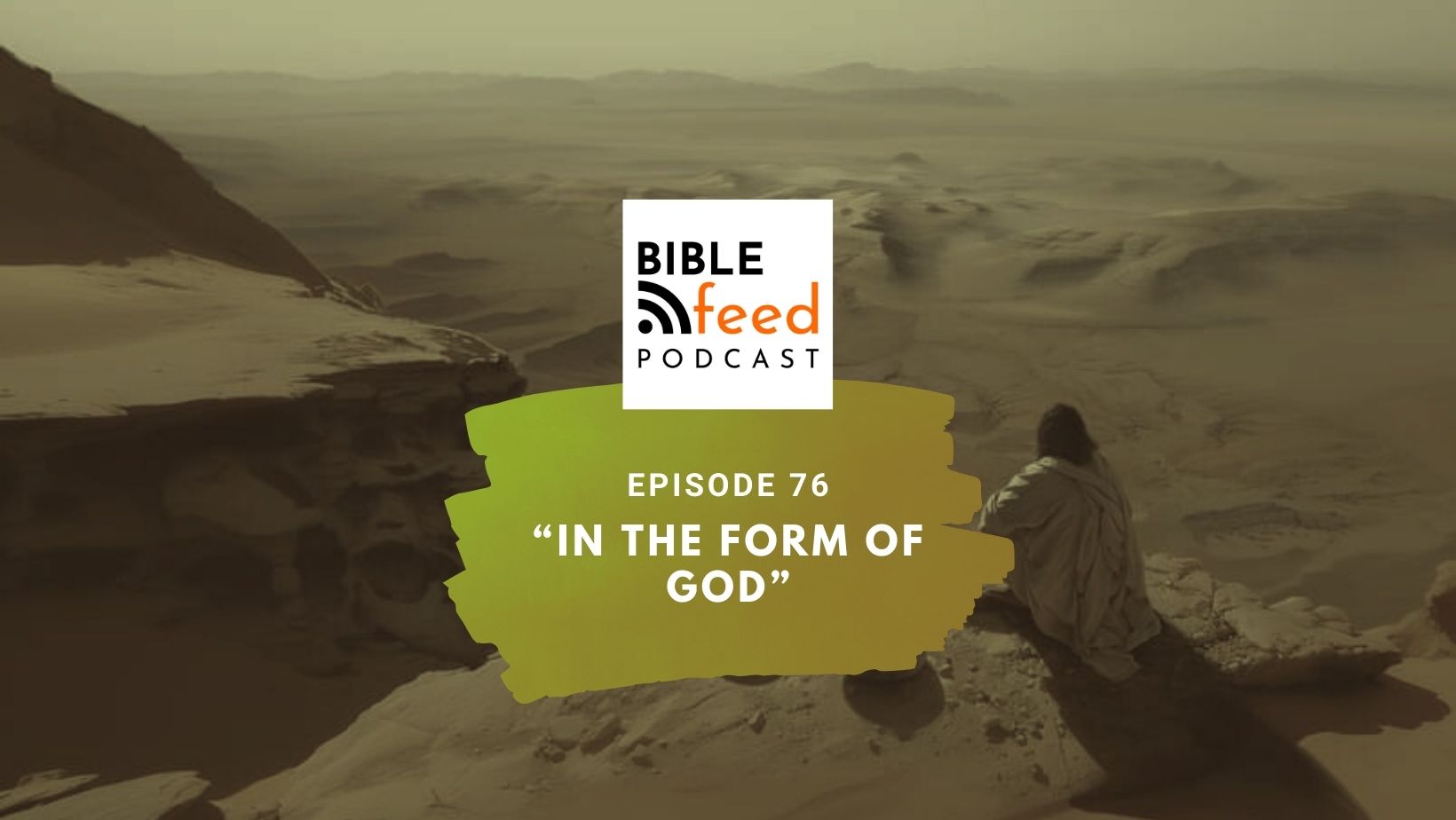Dan reviews Wisdom Christology in the Gospel of John, a book by Dustin R. Smith that seeks to open up the Jewish background to the fourth gospel. Smith argues that the wisdom literature of Proverbs and beyond is the basis for John's unique presentation of Jesus as the embodiment of God's wisdom. Find out more and get a glimpse into the research that goes on behind the scenes at Bible Feed as preparation for our podcasts!
Philippians 2:5-11 is often assumed to be about the incarnation of the Son, but does that stand up to scrutiny when you look at it in detail? We consider five reasons to doubt that interpretation.
In this episode, instead of a high level overview, we delve deep into one complex and much debated passage in Philippians 2 which says that Jesus was "in the form of God". We navigate through various translations, interpretations, and biblical contexts to uncover the essence of this pivotal scripture.
In the dead of night, in the middle of the sea of Galilee under a ferocious storm, Jesus appears walking on the waves towards his disciples. He calms the sea and the boat is immediately at land and safety. It's no wonder that the disciples were amazed at this. What did this mean? If Jesus could control creation by walking on the raging sea, does that make him divine? Does walking on water show that Jesus is God?
How can Jesus uniquely be called the Son of God? Does calling him the Son of God make him Deity in any sense? What is Jesus claiming when he says he is the Son of God? All these questions and more are considered in this episode.
A recent survey puts a surprising number of American Christians outside orthodoxy in relation to the birth of Jesus and his supposed pre-existence. Is there a good explanation for this? Perhaps the straightforward narrative of scripture, and its teaching about the man Jesus Christ, is what sincere church-goers pick up on with good reason.
The legacy of Jesus of Nazareth is felt today in all kinds of ways, in religion, in culture, music and art. But what about the question that Christians and others have been asking and debating for centuries – Did Jesus pre-exist? Was he alive in some sense before being born into a quiet small town in Israel about 2000 years ago? And if that question is answered with a yes or with a no, does it change anything for Christians?
Laurence Davenport and Dan Weatherall continue delving into the gospel of Matthew. The focus this time is how well structured the book is around major themes that are developed throughout the book. Jesus is presented as someone with authority and he is given that curious name, Immanuel. What does that mean? And how would the first readers of Matthew have understood God to be with them?






